Publications
search by
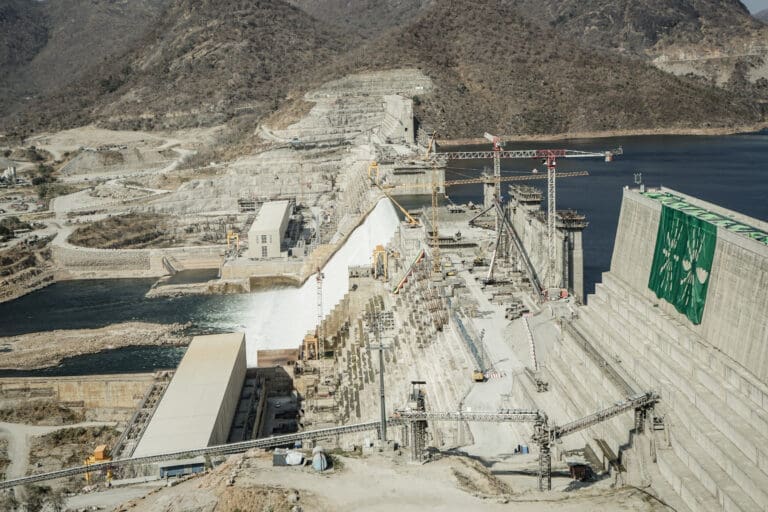
This Issue Brief argues that MENA countries and their neighbors should enhance cooperation over water resources to avert future conflict. Such cooperation will be critical to safeguarding the long-term stability of the region and ensuring sustainable water management.
learn more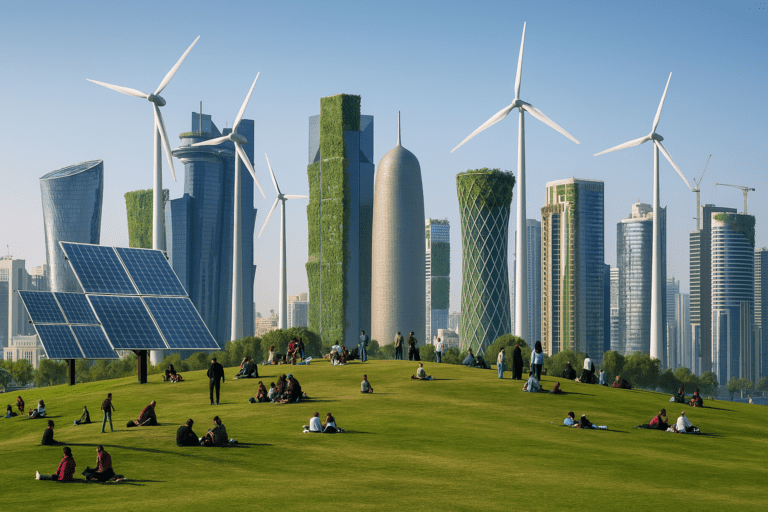
Climate change is high on the agenda of countries around the world. Efforts to limit the average global temperature increase to less than 1.5°C – an amount that scientist say would limit the most dire consequences of climate change – have so far faltered. Recent United Nations Climate Change Conferences have focused on exploring ways to substantially cut carbon emissions and scale up financing for emissions reductions.
learn more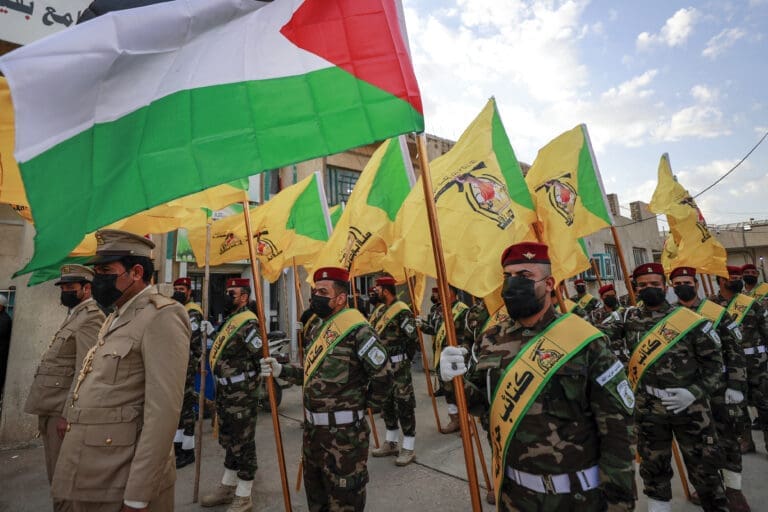
Iraq constitutes a key arena in the region-wide conflict that has emerged from the war in Gaza, and Iran-backed militias in the country constitute a vital component of the “Axis of Resistance.”
learn more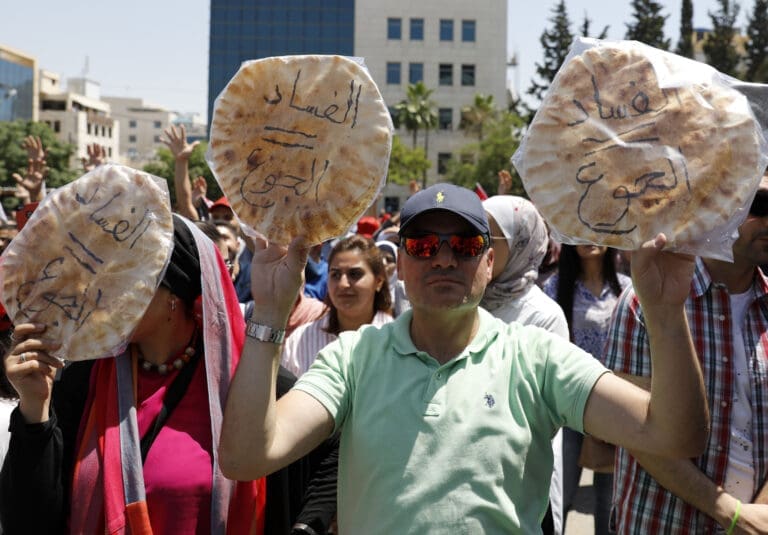
Concerns about corruption have been at the center of public dissatisfaction over the quality of governance in many Arab countries. Anger over bureaucratic indifference and malfeasance was one of the main drivers behind the Arab Spring in 2010 and 2011. In 2019, corruption concerns animated the unrest in Lebanon, Iraq and Sudan. Polling data from… Continue reading How Effective Are Arab Anticorruption Agencies? Is the Glass Half Empty or Half Full?
learn more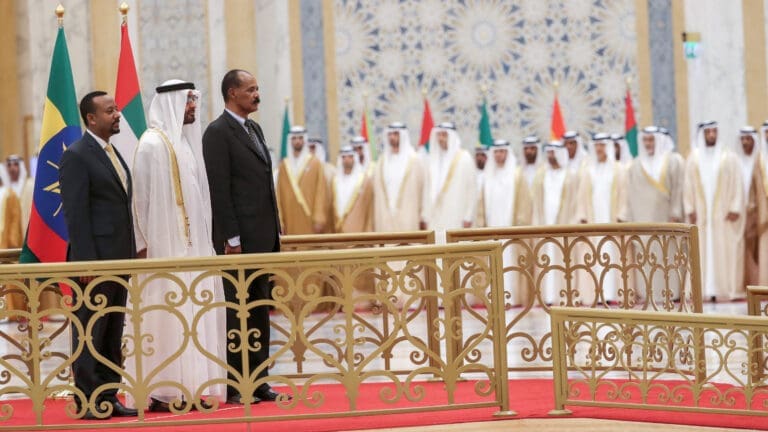
The Horn of Africa (HoA) and the states of the Gulf Cooperation Council (GCC) share a long history of commercial, cultural, religious, and security ties. In recent years, relations between both witnessed consequential developments, primarily within the security and economic realms. These domains have grown to hold an important role in ties between both regions due to the global strategic importance of the Red Sea, a vital maritime route.
learn more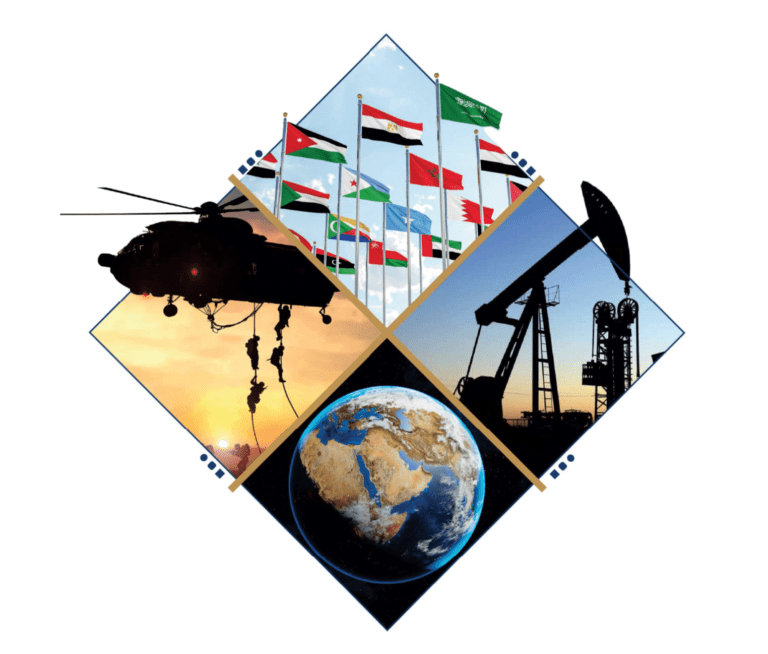
The geopolitical landscape of the Middle East has long been shaped by the interests of major global powers. Traditionally, Western powers, particularly the United States and a number of European countries, have played dominant roles in the region’s defense frameworks and security architecture. However, recent years have seen a notable shift in this dynamic, with Asian countries increasingly emerging as contributors in the Middle East’s security and defense.
learn more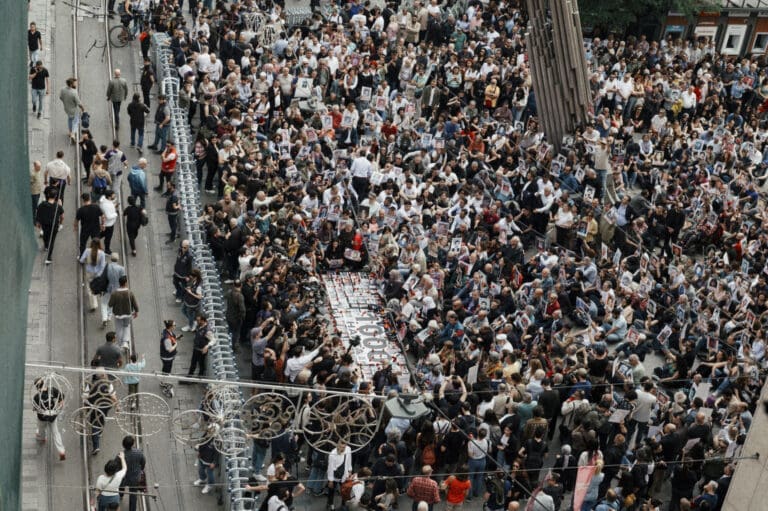
Devlet Bahçeli, leader of the Nationalist Movement Party (MHP), a political party deeply rooted in Turkish nationalism, recently made a groundbreaking call to invite Abdullah Öcalan, the imprisoned leader of the Kurdistan Workers’ Party (PKK), to address Türkiye’s parliament. This move marks a significant shift in the country’s approach to the 40-year conflict. On October 22, 2024, Bahçeli urged parliament to allow Öcalan to “unilaterally declare that terrorism is over and his organization dissolved.”
learn more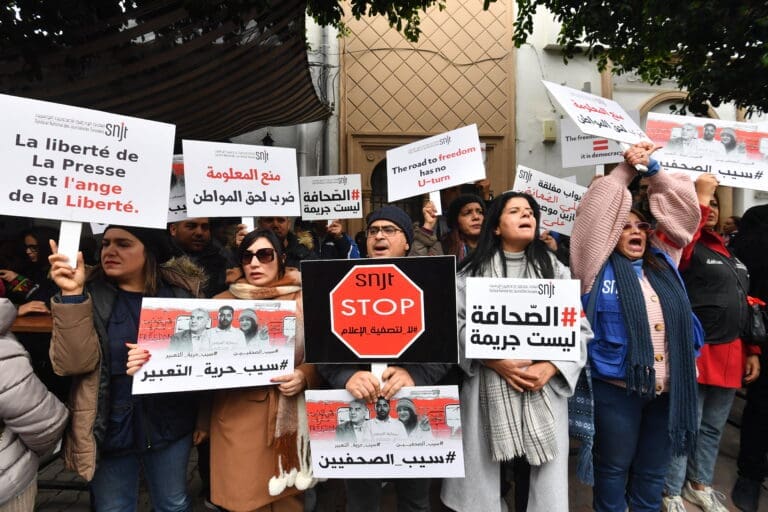
Saied’s suppression of dissent has had severe implications for Tunisian journalists and freedom of the press.
learn more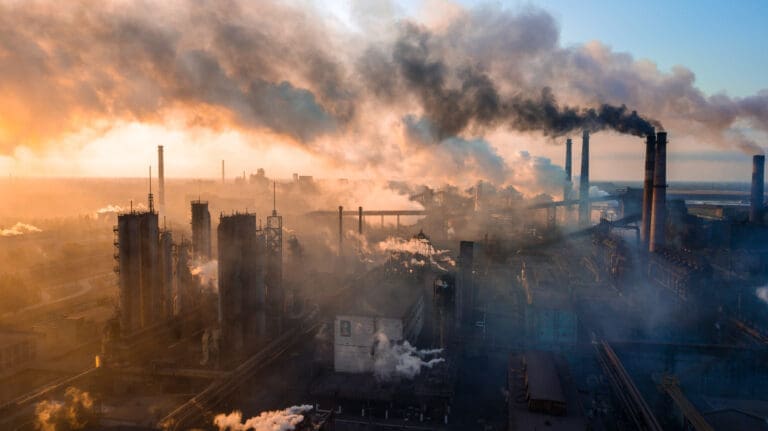
Gulf countries are striving to align their economic expansion, which is largely dependent on fossil fuel industries, with sustainable, low-carbon economy practices. Almost all Gulf countries have pledged to adhere to the emissions reduction objectives of the Paris Agreement and have made commitments towards carbon management. Fifteen years ago, climate mitigation efforts in the Gulf were either minimal or nonexistent.
learn more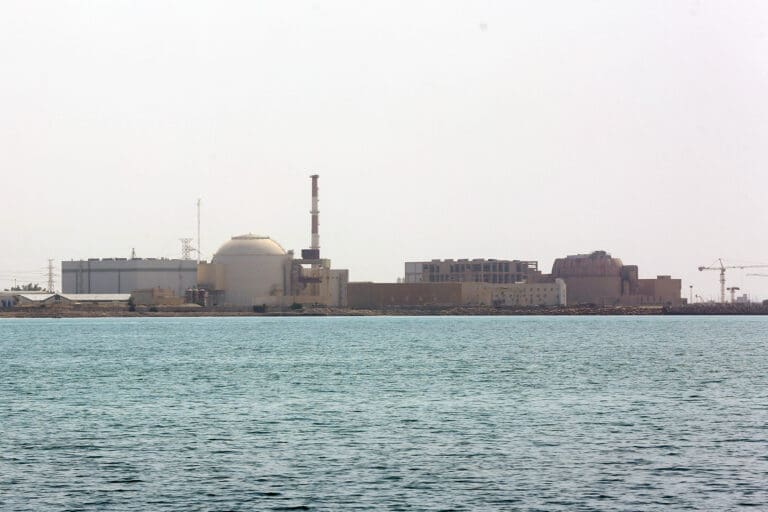
In this atmosphere of heightened tensions, calls to revise the country’s nuclear doctrine have increased in Iran.
learn more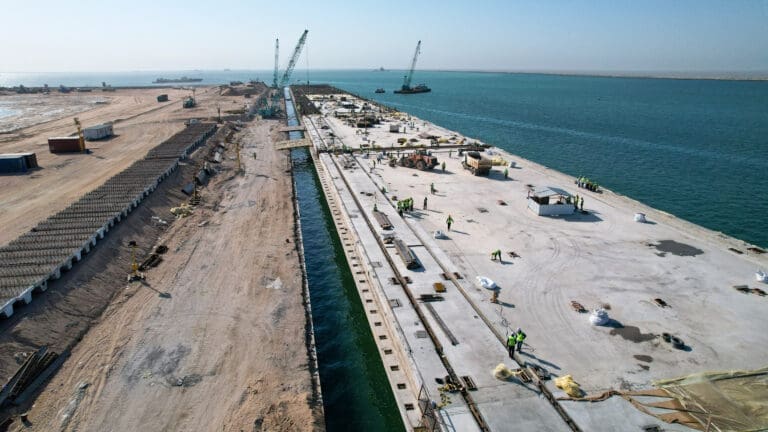
Iraq’s Development Road Project constitutes a bold and much-needed initiative for a country that has been plagued by decades of civil war, ethnic and religious conflict, and geopolitical tensions. The $17 billion Development Road Project (hereafter referred to as Development Road or the Project) aims to transform Iraq into a transport hub by connecting its southern hinterlands to the Turkish border in the north,1 and act as a major driver of economic prosperity in both Iraq and the wider region.
learn more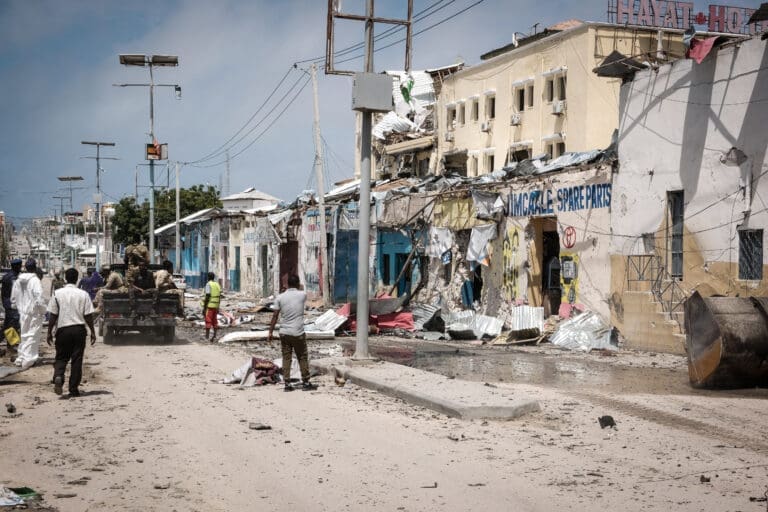
The Federal Government of Somalia (FGS) and its international partners have been fighting against Al-Shabaab for the last 17 years. Despite Mogadishu sharply escalating its efforts since 2022, it has failed to defeat the group. Al-Shabaab, for its part, seeks a total military victory against Somali authorities, but this too has failed.
learn more

